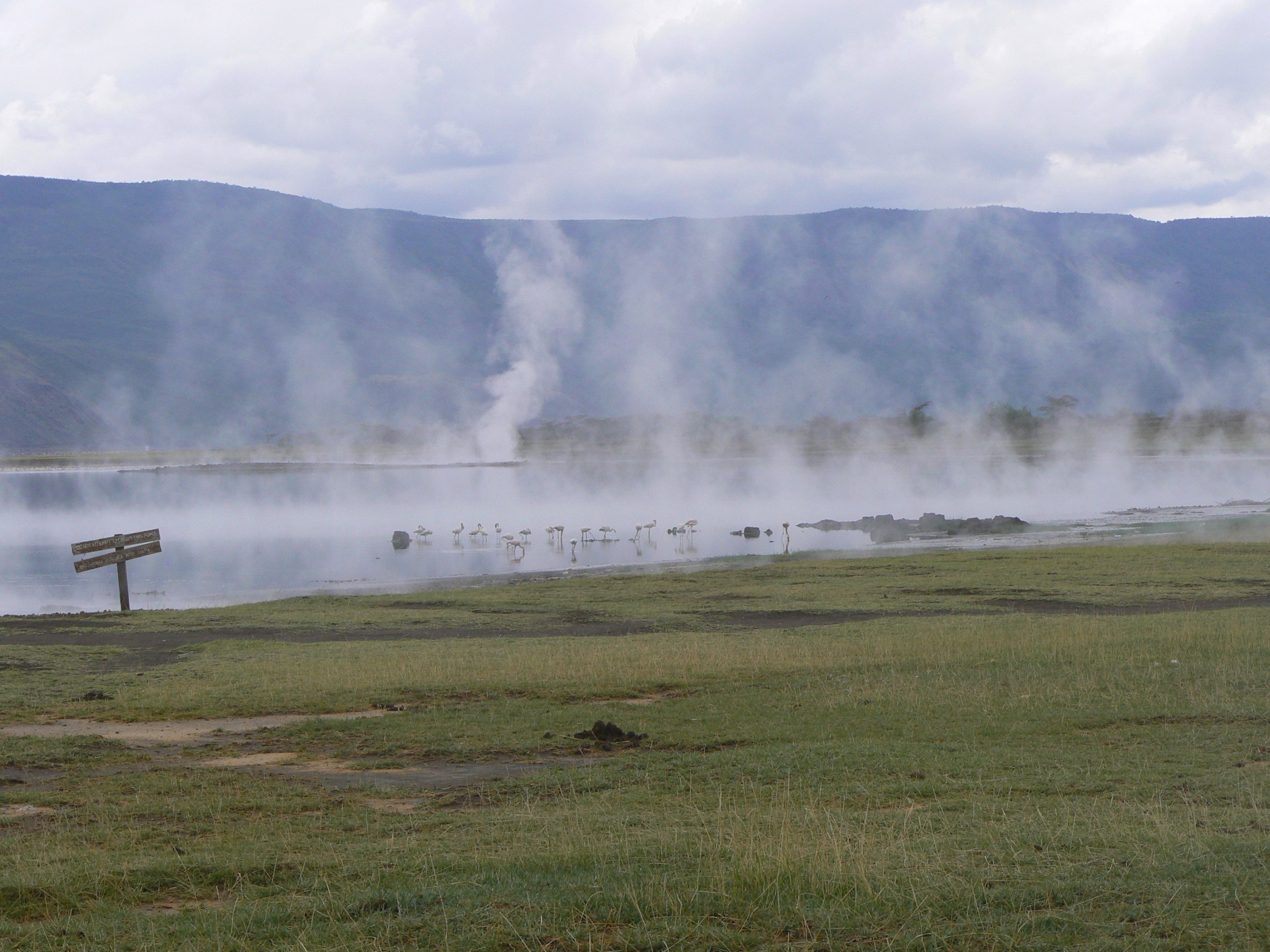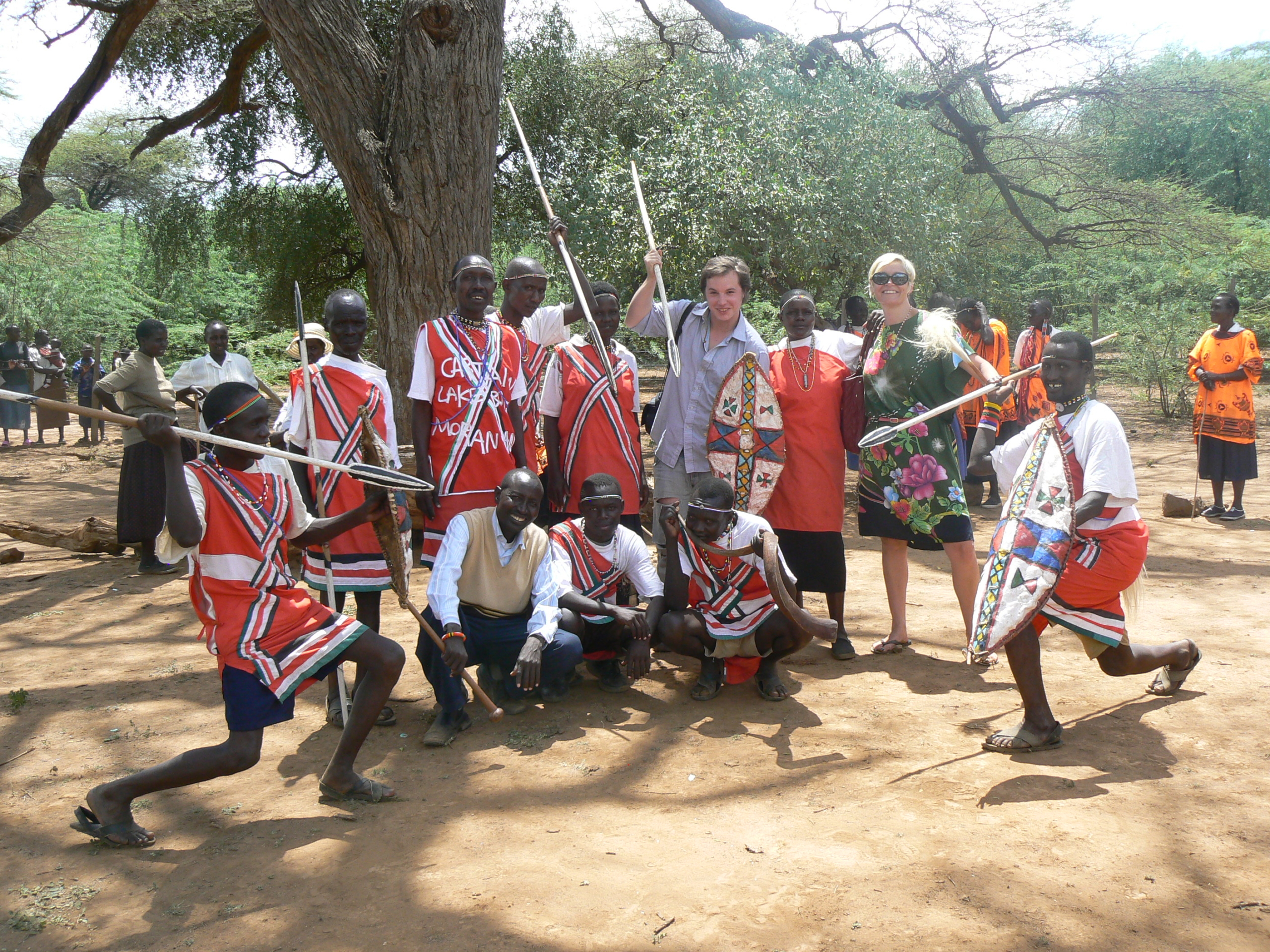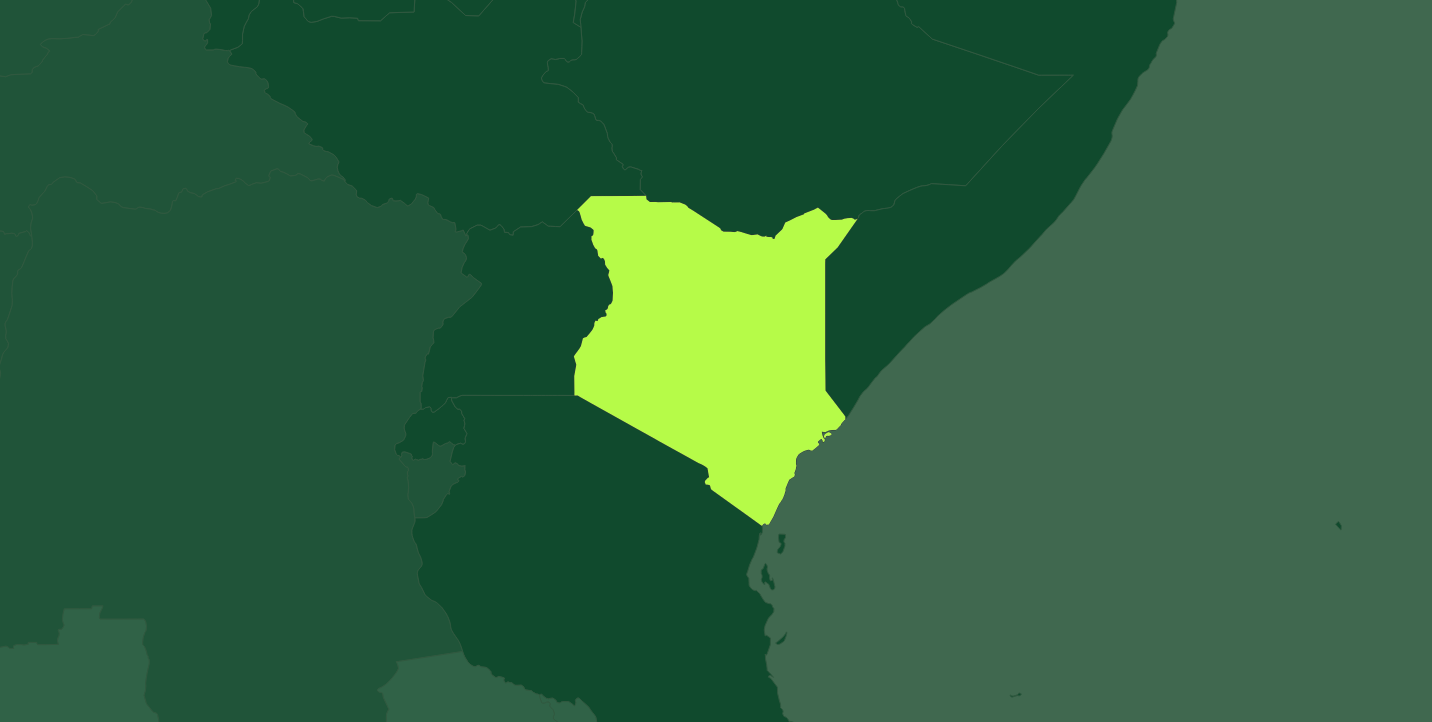
‘The Endorois decision’ – Four years on, the Endorois still await action by the Government of Kenya
Rebecca Marlin is currently the Legal Fellow at Minority Rights Group International (MRG) in London. She earned her B.A. from Wellesley College and her J.D. from Fordham University School of Law. During her time at MRG she will be working extensively with the Endorois to achieve implementation of the 2010 African Commission decision granting them rights to Lake Bogoria.
For the Endorois of Kenya’s Lake Bogoria, the process of reclaiming their land from the government of Kenya has been one step forwards and two steps back. In 2003, MRG and partner organisation Centre for Minority Rights Development (CEMIRIDE), acting on behalf of the Endorois Welfare Council, went before the African Commission on Human and Peoples’ Rights to demand that the Kenyan government recognise the rights of the Endorois to Lake Bogoria.

The Endorois had inhabited Lake Bogoria for over 300 years before being evicted by the government in the 1970s. In 2010, the Endorois won the landmark case Centre for Minority Rights Development and Minority Rights Group International (on behalf of Endorois Welfare Council) v Kenya. Some of the regional implications of this ground-breaking decision have been discussed here.
A pattern of empty promises emerges
Immediately following the Commission’s ruling in February 2010, the government of Kenya welcomed the decision, promising to begin implementation. A large celebration of the decision was held at Lake Bogoria; the Minister of Lands was in attendance and the momentous occasion was broadcast on television nationally. Kenya’s progressive National Land Policy had been enacted only a few months prior to the ruling and, with a forward-thinking new Constitution in the drafting stages, it seemed the decision might soon be translated into restitution of land, compensation, and benefit-sharing for the Endorois.
However, in May 2010, a report on implementation due to be submitted by the government of Kenya to the African Commission failed to arrive. Throughout 2010 and 2011, the government of Kenya failed to take any significant action on the recommendations. One MP openly challenged the Minister of Lands in Parliament about this delay in January 2011; the official response from the Minister was that he would not be able to take any action until he received an official sealed copy of the 2010 decision – despite the fact that the decision had been officially adopted and published one year earlier. A sealed copy was thereafter delivered to the Minister, but this did little to improve the situation.
When pressed on the matter, the government continues to affirm that it supports the decision and is taking steps to carry out the Commission’s recommendations. Yet, steps taken by the government indicate the exact opposite and new legislation on Lake Bogoria threatens to further separate the Endorois from their land.
For instance, the rushed-through Kenya Wildlife Bill was published in 2011 without consultation with the Endorois. This law requires payment of entrance fees for anyone entering Lake Bogoria and criminalises any activities that might endanger wildlife in the area, leaving no exception for the religious and cultural practices of the people indigenous to the land. In early 2014 the Endorois engaged in peaceful protests against the government’s parcelling out of some Endorois land to non-Endorois, and were met with beatings and arrests.

The Endorois cause suffered another severe blow in 2011 when they learned that UNESCO had included Lake Bogoria on the World Heritage List, a designation which would greatly affect the Endorois’ rights to the land. The Endorois had not been consulted at all, and it was in fact the Kenyan Government’s Wildlife Service (KWS) that had urged UNESCO to include Lake Bogoria. Followingcomplaints by the Endorois, the African Commission expressed its concern in aresolution calling on the government of Kenya and the World Heritage Committee to revise its policies to include participation by indigenous peoples through their own representatives.
Nearly three years later, in May 2014, representatives from KWS, the Baringo County Council, the Kenyan Commission to UNESCO, and the Endorois Welfare Council convened to sign a memorandum of understanding that recognized Lake Bogoria as Endorois ancestral land and required Endorois inclusion in management of the land. As a result, the World Heritage Committee reviewed the status of Lake Bogoria and issued a State of Conservation report in July 2014, requiring the government of Kenya to report on conservation by 1 February 2015, and urging it to include the Endorois in management and benefit-sharing.
In an effort to push the government of Kenya to comply with the 2010 decision and implement its recommendations, the African Commission held an implementation hearing in April 2013, at which the Government was called on to redress its earlier failures to present the Commission with a roadmap to implementation. The hearing was followed by a meeting of the Working Group on Indigenous Populations (WGIP) in Nairobi in September 2013. Forty-five delegates attended, including nineteen members of the Endorois community, nineteen members of Kenyan organisations, and seven international representatives, including the UN Special Rapporteur on the Rights of Indigenous Peoples.
Not a single delegate from the Kenyan government could be troubled to respond to the invitation or appear at the meeting, held only blocks from their offices in Nairobi.
Following the hearing and the WGIP meeting, the African Commission took note of the total absence of the Kenyan government from meetings devoted to the situation of the Endorois, as well as its failure to act in assessing compensation, sharing benefits or providing restitution of the land. In November 2013, the African Commission issued a resolution calling on the government of Kenya to take concrete steps towards implementation and to immediately file a comprehensive report on implementation with the Commission.

What’s next for the Endorois?
Though faced with considerable hurdles, the Endorois continue to push for implementation. The Endorois Welfare Council (EWC) has composed an action plan which involves lobbying the national government, maintaining a presence in Parliament through various sympathetic MPs, and working with the Kenyan National Commission on Human Rights. In May 2014, Kenya’s National Land Commission appointed a Taskforce on Historical Land Injustices which aims to identify, investigate, and remedy land grievances. The taskforce begins a national tour this month, and the EWC plans to meet with them.
In July 2014, the EWC reported that it had received an offer of 2 million Kenyan Shillings (approximately £13,760) from the Kenyan Wildlife Service (KWS) as a result of a deal between KWS and industrial biotech company Novozymes. The payment will be distributed to targeted beneficiaries, particularly Endorois students. Novozymes has agreed to pay royalties to KWS in exchange for exploitation of the bioenzymes found in Lake Bogoria; it is good news that KWS has offered some share of the royalties to the Endorois, but an official and consistent royalty scheme remains to be devised and implemented.
These latest developments represent a tentative step towards implementation of the 2010 decision, but the fact remains that legislation and task forces are not enough: the government of Kenya must return Lake Bogoria to the Endorois and begin to compensate them for their losses.
—
This article reflects the opinion of its author only and does not engage MRG’s responsibility.
